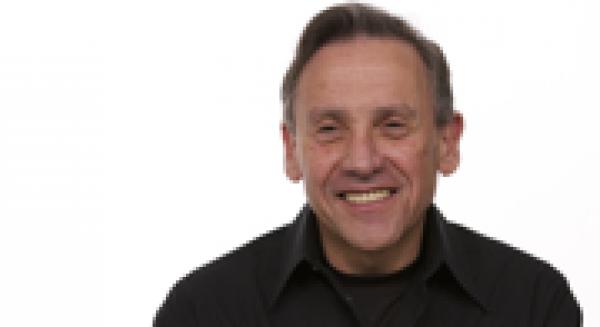ASD & High ACE Score Increases Likelihood of Substance (Ab)use
Posted February 25, 2021 - 5:05pm
Notable adverse childhood experiences — especially when their effect is amplified by one's autism spectrum disorder — suffered by adolescents can readily lead to a substance use disorder. This, of course, can also lead to an adulthood of debilitating self-medicating.
The greater the drug-induced euphoria or escape one attains from its use, the more one wants to repeat the experience; and the more intolerable one finds their sober reality, the more pleasurable that escape should be perceived. By extension, the greater one’s mental pain or trauma while sober, the greater the need for escape from reality, thus the more addictive the euphoric escape-form will likely be.
If the adolescent is also highly sensitive, both the drug-induced euphoria and, conversely, the come-down effect or return to their burdensome reality will be heightened thus making the substance-use more addicting.
As a highly sensitive child, teenager and adult with ASD—an official condition with which I greatly struggled yet of which I was not even aware until I was a half-century old—compounded by a high ACE score, I largely learned this for myself from my own substance (ab)use experience. The self-medicating method I utilized during most of my pre-teen years, however, was eating.
Meanwhile, in many straight and NT minds such addicts have somehow committed a moral crime. But serious life trauma, notably adverse childhood experiences, is typically behind a substance abuser’s debilitating lead-ball-and-chain self-medicating lifestyle.
Generally, there’s a formidable reason why a person repeatedly consumes and gets heavily hooked on an unregulated often deadly chemical that eventually destroys their life and even that of a loved-one. It all really doesn’t happen out of boredom.
Perhaps not surprisingly, I now strongly feel that not only should all school teachers have received ASD training, but that there should further be an inclusion in standard high school curriculum of a child development course which in part would also teach students about the often-debilitating condition.
It would explain to students how, among other aspects of the condition, people with ASD (including those with higher functioning autism) are often deemed willfully ‘difficult’ and socially incongruent, when in fact such behavior is really not a choice.
While some other school curriculum is controversial (e.g. SOGI, especially in rural residential settings), it nonetheless was implemented. The same attitude and policy should be applied to teaching high school students about ASD, the developing mind and, especially, how to enable a child’s mind to develop properly.



































